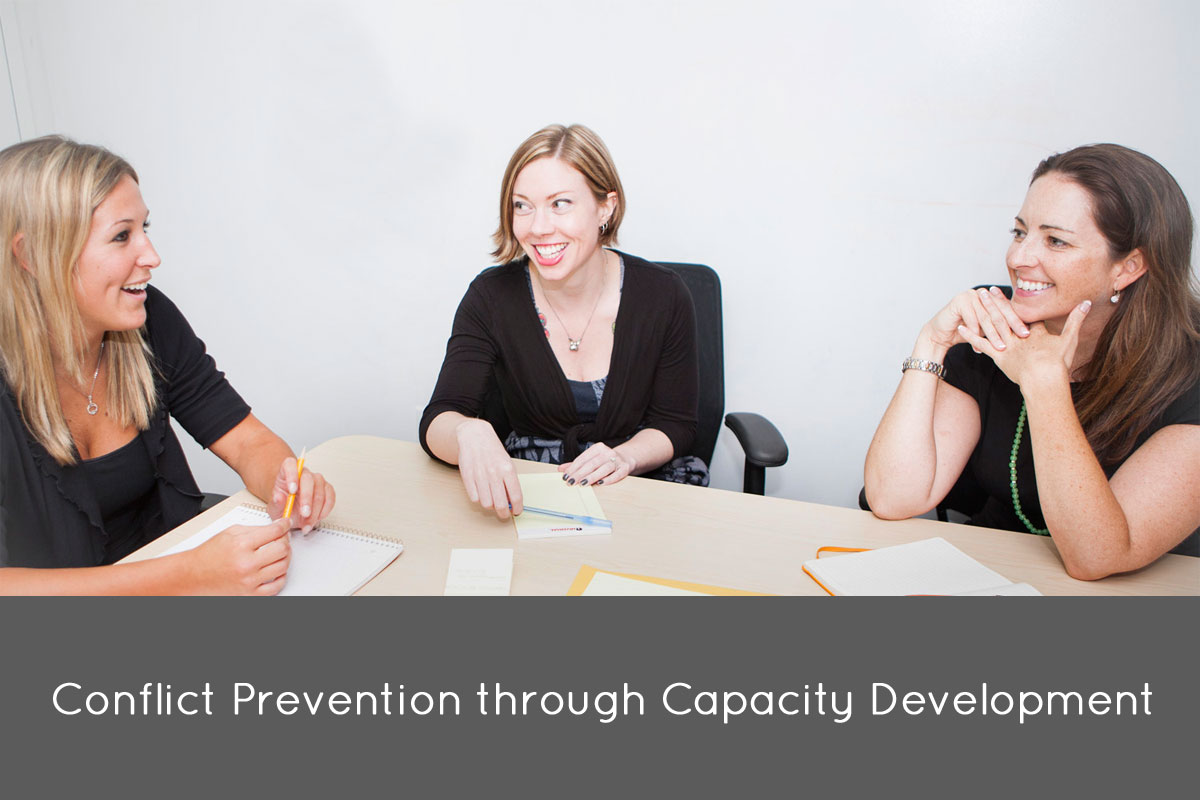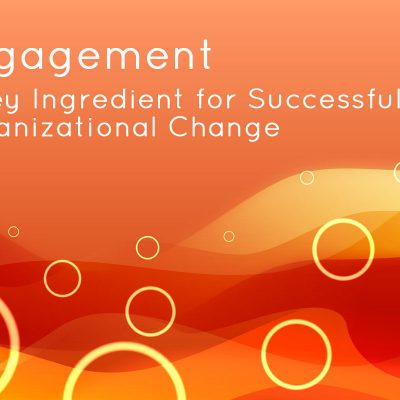
Conflict in any organization is expensive.Conflict resolution can be a long and expensive process too. Therefore, the best solution to unhealthy conflict is a conflict prevention strategy. Do you have conflict prevention strategies in your workplace?
The kind of conflict I’m referring to here is unhealthy conflict, not the healthy conflict that is normal and needed for innovation and growth to occur. Unhealthy conflict, on the other hand, can be a cause of:
- productivity going down
- time being wasted
- other people getting drawn in
- morale being affected
- costs associated with stress going up
While there is a healthy and normal amount and kind of conflict in any organization, the best strategy for dealing with this unnecessary conflict is not one of conflict resolution, but rather of conflict prevention. As with any effort in your organization, we recommend that your conflict prevention strategy be tied into your actual business activities, not just something you do as a separate exercise from time to time. When conflict prevention happens within your business activities, your people are much more likely to be engaged in their learning and in experiencing meaningful outcomes.
Conflict Prevention with a Twist
You can support conflict prevention while simultaneously supporting leadership development and team development by making an important investment when things are going well.
This important investment is an investment in developing greater relationship capacity in your people. Relationship capacity is having the skill and capacity to co-operate, collaborate well, interact, and really engage with one another in teams and common projects.
These skills are often underdeveloped in adults due to the competitive nature in our cultures. They are not always recognized and rewarded in organizations when the primary focus is on achieving targets and meeting project deadlines.
One way of building relationship capacity is by using participatory meeting processes whenever possible. Participatory meetings actively invite and engage people into meetings that matter. They create the opportunity to cooperate, collaborate, interact and really engage with others in the organization around a common project.
When the whole person is consistently invited into the work of the organization the wholeness of their contribution is also invited. When the collective wisdom of all of the people is consistently invited into the work of the organization, relationship building is a natural outcome, along with the benefits of:
- increased productivity
- using time effectively
- collaboration and cooperation
- increased morale
- costs associated with stress going down
There are many kinds of participatory meeting processes that can support you in building relationship capacity and therefore working intentionally on conflict prevention. Two meeting processes that we consistently recommend are Open Space Technology (first developed by Harrison Owen) and Whole Person Process Facilitation (developed by Dalar’s co-founder Birgitt Williams).
Resources for Relationship Capacity Development
You may find the following links interesting as you do research into what is available today that supports relationship capacity development. If you know of another great method, share it with us in a comment below.
- Genuine Contact – “a holistic approach to organizational success”
- Appreciative Inquiry Commons – “where AI, positive change research and organizational leadership connect for world benefit”
- Art of Hosting – “an approach to leadership that scales up from the personal to the systemic using personal practice, dialogue, facilitation and the co-creation of innovation to address complex challenges”
- Berkana Institute – “whatever the problem, community is the answer”
- Center for Collaborative Awareness – “social scientists designing collaborative relationships – with the brain in mind”
- Co-intelligence Institute – “Together we can be wiser than any of us can be alone. We need to know how to tap that wisdom”
- Open Space World – “inviting faster, easier organization everywhere”
- World Café – “shaping our futures through conversations that matter”











Leave a Reply
You must be logged in to post a comment.